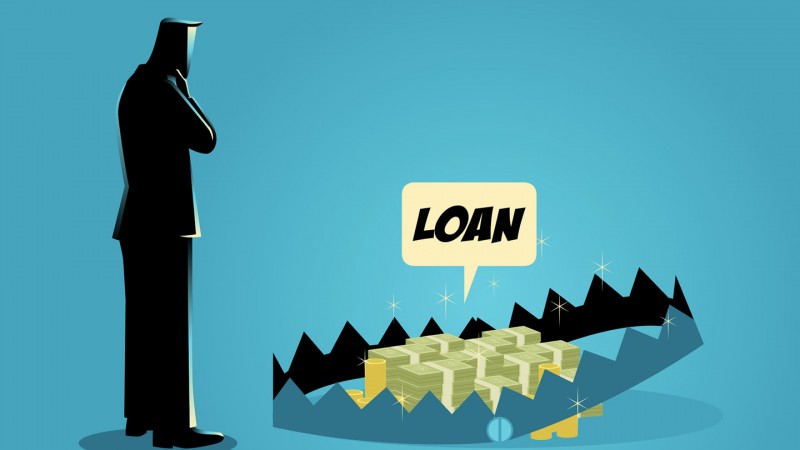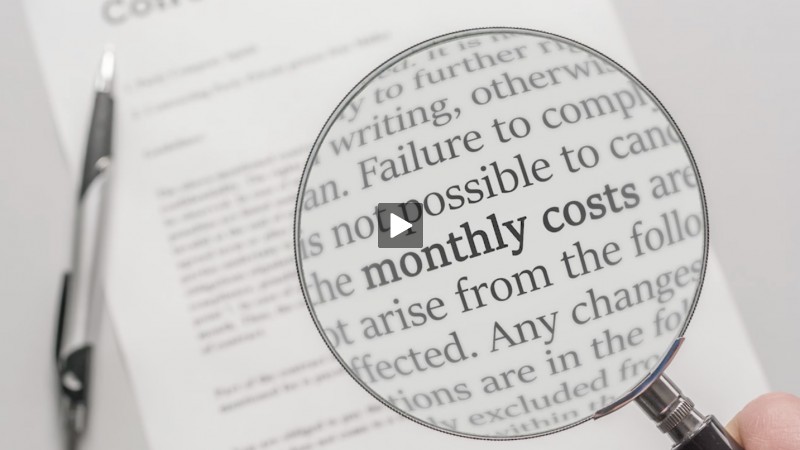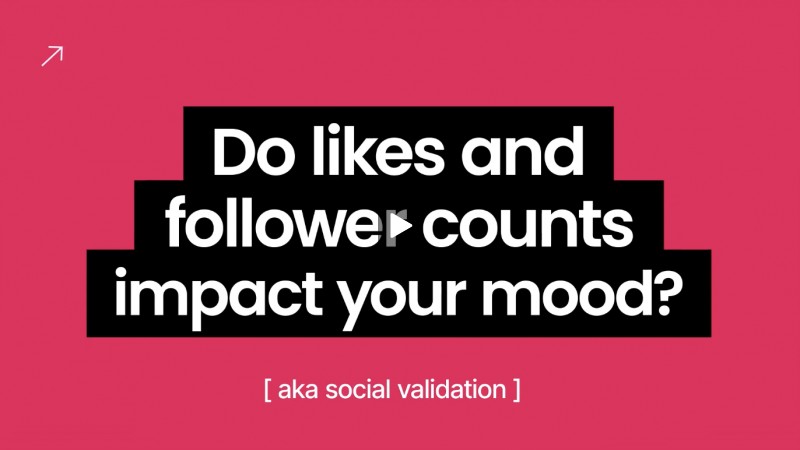What Is Predatory Lending?
- Detalles
- Escrito por Remar Sutton
- Categoría: Articles

Predatory lending is using deceptive or unfair tactics to get a borrower to take out a loan that benefits the lender instead of the borrower. These types of loans may have high fees, high interest rates, and other terms that make it difficult for a borrower to pay back the loan. These lenders tend to target the poor, the less educated, senior citizens, and minorities. It can occur with all types of lending.
These types of loans may have high fees, high interest rates, and other terms that make it difficult for a borrower to pay back the loan.
Warning Signs of Predatory Lending
These are warning signs for any loan, predatory or not:
Unrealistic promises
If it sounds too good to be true, then it probably is. If a lender advertises "approval within minutes", "mend your damaged credit", or "low interest rate even with a low credit score" you should tread carefully and think twice before applying.No credit check
A trustworthy lender will check a borrower's credit history to see how they handle debt and if they can afford to take on more debt. If they’re advertising lending without a credit check, it’s a safe bet that they likely don’t have your best interest in mind.Hard to determine the total cost of the loan
Lenders are legally required to state the loan's annual percentage rate (APR). The APR is the sum of the interest rate and upfront fees. But a lender may not make it easy to find other information such as prepayment penalties, late fees, fee increases, and other charges.Bigger loan amount than needed
Predatory lenders typically push larger loans so that they can attempt to collect more in fees, penalties, and interest. If your lender is pressing you to borrow more than you need or more than you feel comfortable borrowing, it is okay to walk away.Requires electronic payments
A lender can't require that you provide access to your bank account.Doesn't report on-time payments to the credit bureaus
Reporting payment information to the credit bureaus can help build your credit history and may improve your credit score. If they’re not reporting to the credit bureaus
Payday and Car Title Loans
These loans are typically short-term loans, usually for $500 or less. These loans are advertised to help with an emergency. Their interest rates are often extremely high.
Payday loans are exactly what they sound like, they are due the next pay day. The finance charge for the loan can range from $10 - $30 for every $100 borrowed. To receive the loan, you typically have to provide a check upfront for the full amount which is cashed when the loan is due. Or you have to provide your bank account information so the lender can withdraw the money when the loan is due. And if there aren't sufficient funds in your bank account when the payment is due, you may be hit with overdraft charges from your bank.
Car title loans are typically for 30 days. To receive a loan, you give the lender the title to your vehicle. Borrowing fees can be high, sometimes as much as 25% of the amount borrowed. If you can't repay the loan, the lender can take your vehicle.
If you need money in an emergency, consider other options:
A federal credit union may have a payday alternative loan with a lower cost and longer repayment period
Borrow from family or friends but use a loan agreement
Get help from local nonprofits, charities, or religious organizations
Predatory Mortgage Lending
Every type of loan industry has its predators, including mortgages. Getting taken by one of these predatory lenders could lead to losing your home. Watch out for these warning signs, in addition to the signs above.
High interest rates
A typical ploy is to tell you that your credit is bad and you only qualify for a very high interest rate. Avoid this by knowing the current interest rates and your credit score.Excessive fees
Typical fees and closing costs for a mortgage include appraisal, credit report, title search, origination, application, title insurance, and underwriting. Avoid this by researching the typical fees and costs for your area.Prepayment penalties
These are fees that a lender charges if you pay off your loan before its term ends and are typically based on the loan balance. Federal law limits these penalties to the first 3 years of your mortgage. Avoid loans with prepayment penalties.Loan packing
This is adding unnecessary financial products into the mortgage such as credit insurance. Avoid this by reviewing all of the costs, fees, and components of your mortgage.Loan flipping
Refinancing your loan multiple times, typically with a higher interest rate and longer term. You end up paying more fees and other costs. Avoid this by refinancing only when it is financially beneficial to you.
If you are looking for a mortgage or to refinance, here are a few tips:
-
Get loan estimates from more than one lender
Each lender should provide you with a document that shows the estimated interest rate, monthly payments, and total closing costs of the loan. Use these documents to compare the loans. -
Don't be swayed by advertisements, emails, or phone calls
Always check out a lender before doing business with them. -
Take your time. This is not a decision to be made quickly.
For more tips, check out our Mortgage Guide.
These are just a few examples of predatory lending. You can avoid predatory lending by doing your research, asking questions, and reading the contract including the fine print before agreeing to a loan.



































